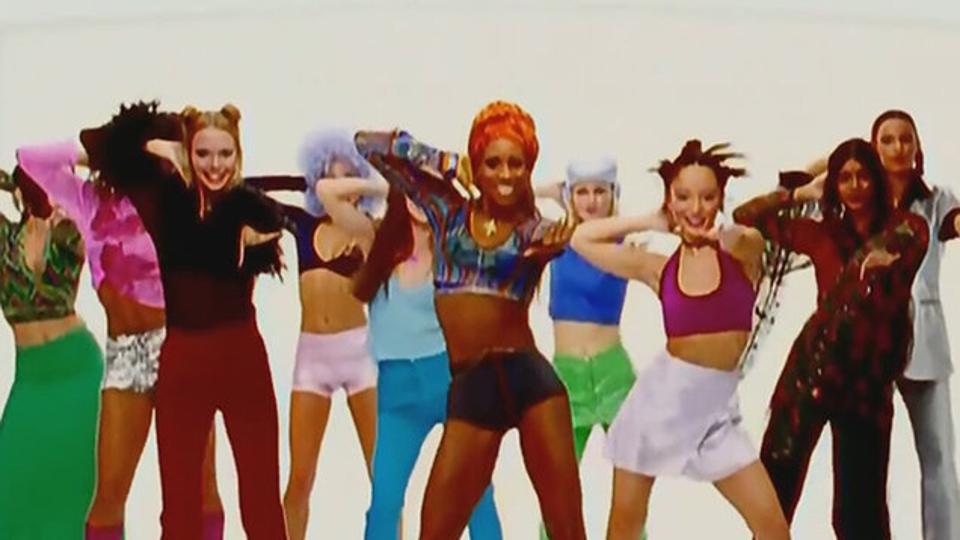

Performing chest compressions in time with the beats of the international 90s hit song La Macarena can improve the quality of cardiopulmonary resuscitation (CPR), say scientists. Improving the quality of compressions performed during CPR can increase the chance of survival.
Researchers from the University of Barcelona and Universitat Autonoma Barcelona in Spain compared the effectiveness of a smartphone metronome application, and a musical mental metronome in the form of the song La Macarena at improving the quality of chest compressions. Both the app and the song provided a regular rhythm to help time compressions.
The team 164 medical students from the University of Barcelona to perform continuous chest compressions on a manikin for two minutes. Subjects either received no guidance, were provided with the smartphone app, or were asked to perform compressions to the mental beat of the song La Macarena. The smartphone app made a noise for each compression at 103 beats per minute (bpm), but in the Macarena group, the students needed to prove first that they knew the song La Macarena in order to do the compressions correctly.
The study found that the average percentage of compressions occurring in the target range of 100-120 beats per minute was significantly higher in the app and Macarena groups (91% and 74% respectively) compared to the control group (24%). No group achieved the required compression depth of five centimetres, but those using the app had the best overall quality compression scores despite having the longest onset delay before performing the first compression. The students who participated in the experiment also rated the app as being the most useful help method.
“Both the app and mental memory aid improved the quality of chest compressions by increasing the proportion of adequate rate but not the depth of compressions. The metronome app was more effective but with a significant onset delay,” researchers said.
[“source=hindustantimes”]




